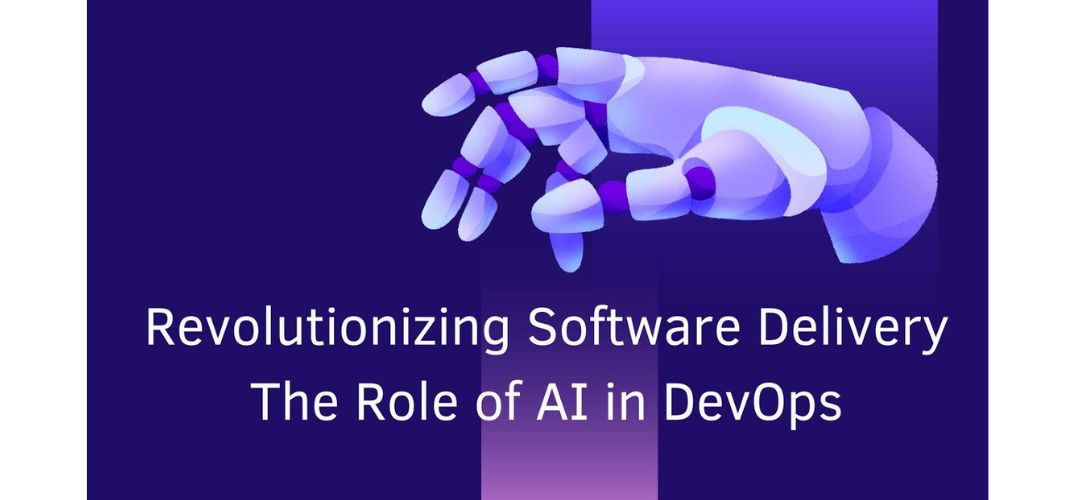In this modern era, the integration of artificial intelligence (AI) into DevOps practices is transforming software delivery processes. With the growing demand for faster, more reliable software, organizations are leveraging AI-driven solutions to optimize DevOps workflows and streamline operations. Apurva Reddy Kistampally explores how AI-powered tools are enhancing CI/CD pipelines, improving code quality, and providing predictive insights for proactive risk management, ultimately reshaping software delivery across industries by increasing efficiency, reducing errors, and ensuring continuous improvement throughout the development lifecycle.
AI-Driven Automation: A New Era in DevOps
AI has been pivotal in automating various aspects of the software development lifecycle, particularly in DevOps. The automation of code review, testing, and deployment enables faster, more efficient software delivery. Machine learning algorithms optimize CI/CD pipelines by analyzing past deployment data and identifying patterns that humans may miss. These AI solutions help identify bottlenecks, optimize resource allocation, and ensure consistent delivery, resulting in faster releases with fewer errors.
AI-driven tools now analyze historical data, automate decision-making, and predict potential issues before they occur, allowing DevOps teams to take preemptive actions. This leads to a significant reduction in mean time to recovery (MTTR) and an increase in deployment frequency, improving operational efficiency and customer satisfaction.
Enhancing Code Quality with AI-Powered Tools
AI is improving code quality through automated code review systems. By applying natural language processing (NLP) and deep learning models, these tools assess code more deeply than traditional systems. AI-driven systems understand code semantics, identify inconsistencies, and recommend improvements while adhering to coding standards.
The implementation of AI tools has greatly improved vulnerability detection, ensuring that potential security risks are identified early in the development cycle. These systems combine static analysis, dynamic testing, and behavioral analysis to identify known and new security vulnerabilities. As a result, AI-enhanced code review systems have decreased post-deployment bugs and improved maintainability, contributing to more secure, reliable software.
Predictive Analytics: Reducing Release Failures
A standout feature of AI in DevOps is its ability to provide predictive analytics for release management. AI models analyze deployment logs, test results, and historical performance data to predict potential release failures and risks, enabling teams to take preventive measures before issues impact production environments.
With predictive algorithms, organizations assess the risk of each release, optimizing deployment timing and resource allocation. Machine learning models help identify high-risk deployments, allowing DevOps teams to take proactive steps to ensure smoother, more reliable software releases. This approach has significantly reduced failed releases and improved deployment success rates.
AI-Powered Testing: Simulating User Behavior and Identifying Anomalies
AI-driven testing is transforming software quality assurance by enhancing traditional methods with algorithms that prioritize test cases based on risk and historical data. These systems analyze code changes and past test results to focus on the most critical areas, ensuring efficient resource allocation and high-quality standards.
AI systems also simulate user behavior, using reinforcement learning to mimic real-world usage patterns. This advanced simulation tests software comprehensively, including edge cases often missed by traditional testing. AI-powered anomaly detection tools continuously monitor performance and user interactions, identifying potential issues before they impact users.
Overcoming Challenges in AI-Driven DevOps
Implementing AI in DevOps presents challenges, particularly with model drift, where AI models lose accuracy over time due to changes in system behavior. Organizations must regularly retrain models and validate their effectiveness to ensure reliability.
Additionally, integrating AI tools into existing workflows can be complex. Compatibility with legacy systems, data pipeline management, and integration across platforms are common hurdles. To overcome these, organizations should adopt phased implementation strategies, standardize APIs, and invest in middleware solutions for smooth integration.
In conclusion, Apurva Reddy Kistampally highlights that the integration of AI into DevOps practices is revolutionizing software development and delivery. By automating key tasks like code review, testing, and deployment, AI enhances software quality, reduces release failures, and optimizes pipeline performance. As AI continues to evolve, its impact on DevOps will expand, offering even greater efficiencies and predictive capabilities. Organizations that embrace AI-driven DevOps solutions will be well-positioned to navigate the complexities of modern software development, achieve faster release cycles, and maintain high-quality standards in an increasingly competitive market.



































